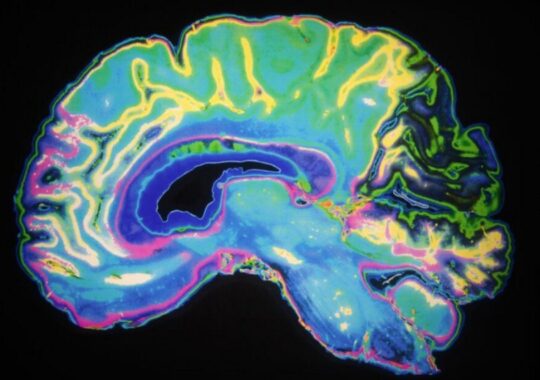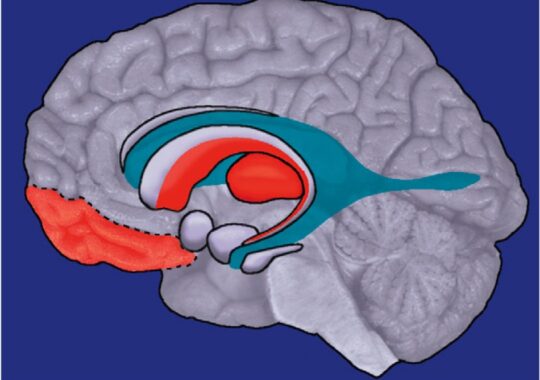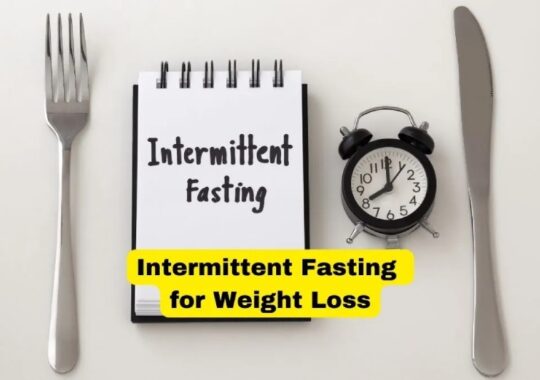An advisory committee of the Centers for Disease Control and Prevention voted to recommend a vaccine against the respiratory syncytial virus, or RSV, for older adults on Wednesday. This means that it could be available soon.
The agency’s Advisory Committee on Immunization Practices examined clinical trial data for two vaccines, one manufactured by Pfizer and the other by GSK, during a meeting.
The committee said that adults over the age of 60 may get the vaccines based on their individual needs and after consulting with a doctor. There was no full recommendation.
The antibodies have proactively gotten endorsement from the U.S. Food and Medication Organization, so the last step is for CDC chief Dr. Rochelle Walensky to approve the suggestions, which she is supposed to do.
Why is RSV so harmful to older people?
The CDC says that although RSV can affect people of any age, adults 65 and older, particularly those with chronic lung or heart conditions and weakened immune systems, are at greater risk.
The majority of people get mild infections with symptoms like a cough, a runny nose, and a fever. However, in some cases, people may need to go to the hospital if they have trouble breathing or aren’t getting enough water.
According to data from the CDC, senior citizens have experienced 67.5 RSV-associated hospitalizations per 100,000 people so far in the 2022–23 season.
The CDC’s data from the 2016–17 season indicate that the cumulative rate for older adults has never been higher than 31.5 per 100,000 at this point in the season. This number is significantly higher than the norm.
According to the CDC, RSV is responsible for the hospitalization of 60,000 to 160,000 older adults in the United States each year, of whom 6,000 to 10,000 die.
According to Dr. Paul Goepfert, a professor of medicine in the infectious diseases division of the University of Alabama at Birmingham Hospital, “there is no really effective treatment for [RSV] in terms of antivirals.” Therefore, supportive management is really the only treatment, so your ultimate goal should be to prevent it.”
How do the vaccines function, and do they work?
GSK’s immunization, called Arexvy, and Pfizer’s antibody, called Abrysvo, focus on a protein from the infection called the F protein that RSV uses to connect to human cells and taint individuals.
The vaccine makes antibodies that fight the protein and keeps the person from getting sick. Pfizer’s shot protects against both the A and B strains, whereas GSK’s shot only protects against the A strain.
GSK’s vaccine was found to be 82% effective at preventing lower respiratory tract infections and 94% effective among people with at least one underlying medical condition in clinical trials.
Trial data indicated that Pfizer’s vaccine was more than 85% effective at preventing lower respiratory tract infections in older adults, with efficacy decreasing to approximately 79% after 18 months.
The vaccines developed by Pfizer and GSK have not been shown to be effective against severe RSV infections that can result in hospitalization.
According to the clinical trials, the majority of side effects were mild and included pain at the injection site, headache, fatigue, muscle pain, and joint pain.
Dr. Dan Barouch, director of the Center for Virology and Vaccine Research at Beth Israel Deaconess Medical Center and Harvard Medical School, stated to ABC News, “We know from the start that this vaccine has durability, which is important versus the COVID vaccine, [which] can lose efficacy after four to six months, reducing public confidence in the vaccine.” “We know from the start that this vaccine has durability,” Barouch added. The efficacy of these vaccines is high and lasts for at least two seasons.
What the advisory panel’s vote means The panel voted twice on Tuesday. First, they asked if people between the ages of 60 and 64 could get the vaccine after talking to their doctor. Thirteen people said yes and one person said no.
Nine people voted in favor of the recommendation and five people voted against it on the second vote, which asked the same question but targeted people over 65.
“Because it is such a difficult disease that is hard to treat, I think it is the right step, and it is a good recommendation to at least be an option for people who at least want to protect themselves from this infection,” Goepfert stated.
ABC News learned from doctors that committee members were concerned about the low number of participants over 75 in the clinical trials.
The cost also worried members of the committee. Pfizer told the board it would charge somewhere in the range of $180 to $270, while GSK said it would charge between $200 to $295.These don’t mirror the costs safeguarded antibody beneficiaries would pay.
Dr. Jason Schwartz, an associate professor of health policy at the Yale School of Public Health, told ABC News, “The recommendation that we received from the CDC advisors was one that was one that was a more restrained recommendation than they typically deploy for their for their vaccine guidance.” They have suggested that people over the age of 60 can get this vaccine after talking to their doctors and other health care providers, which is called “shared clinical decision making.”
“That’s a notch below their full-throated recommendation that frequently says these individuals should receive a vaccine in that age group, but it reflects a little bit of the uncertainties about the vaccine and the concern about the cost of the vaccines,” he went on to say. “That’s a notch below their full-throated recommendation.”
Why the vaccine could change everything Researchers have tried to make an RSV vaccine before, but they haven’t been successful.
Formalin, a substance that kills viruses, was used to inactivate the virus in a vaccine that was developed toward the end of the 1960s. In Washington, D.C., children received the shot, but two of them passed away and 80 percent of those who received it became ill.
According to Dr. Gregory Poland, head of the vaccine research group at the Mayo Clinic, “there has been no RSV vaccine for 60 years because the early clinical trials showed the vaccine actually made disease worse, what is known as vaccine-associated enhanced disease.” That’s like covering up the research and development of RSV vaccines.”
Experts say that the two vaccines are a big step forward and add another tool for disease prevention. However, once the shots start being given, it will be important to watch real-world data to see how well they protect the elderly and immunocompromised.
According to Dr. Shira Doron, chief infection control officer at Tufts Medical Center in Boston, “We just need to see how it plays out in the real world.” “It has the potential to be a game changer.” The data are thoroughly examined by our CDC’s external advisory committee; I have faith in the vaccine approval process because they really ask tough questions.
Disclaimer: The views, suggestions, and opinions expressed here are the sole responsibility of the experts. No Clear Insight Research journalist was involved in the writing and production of this article.





